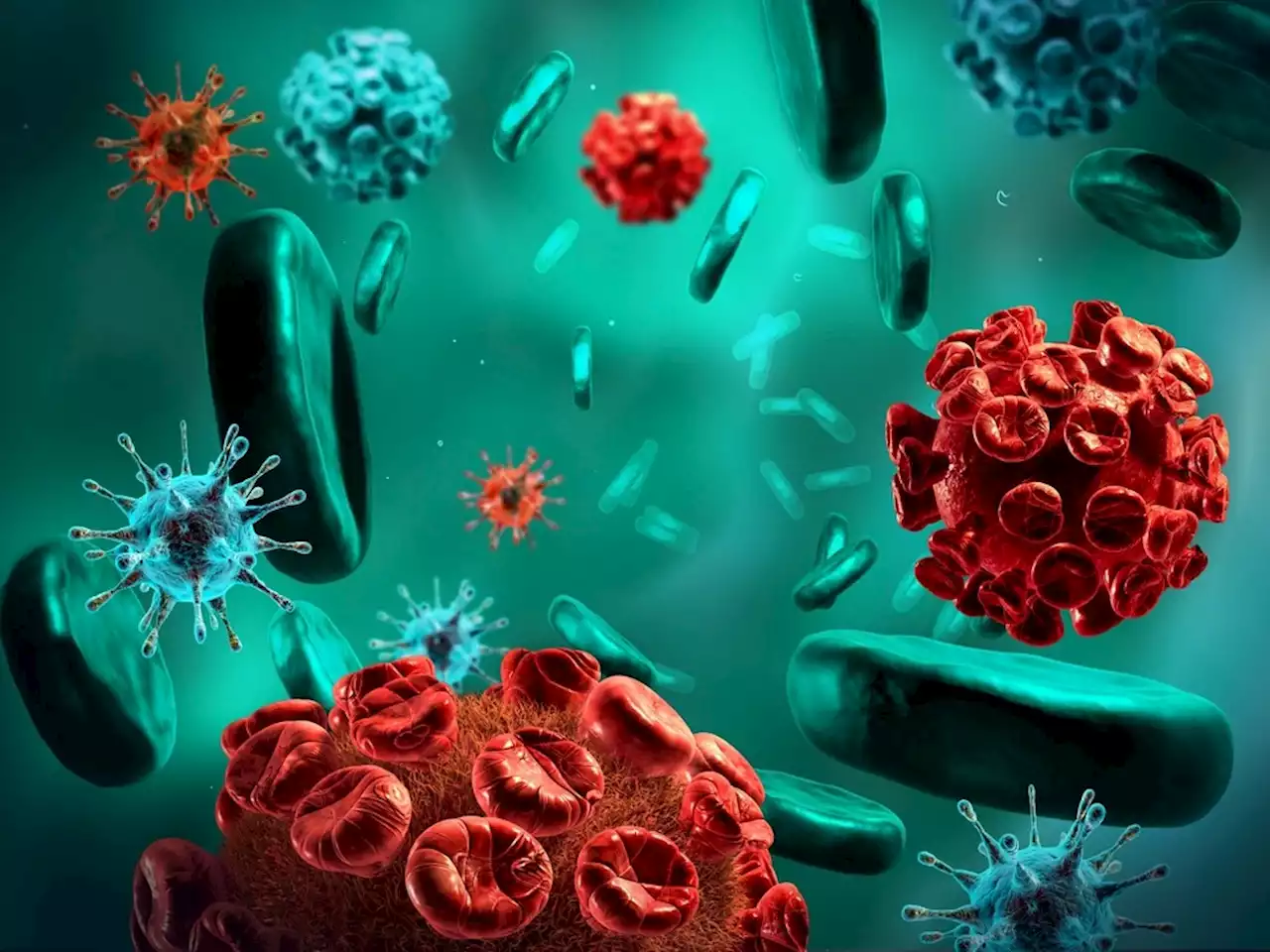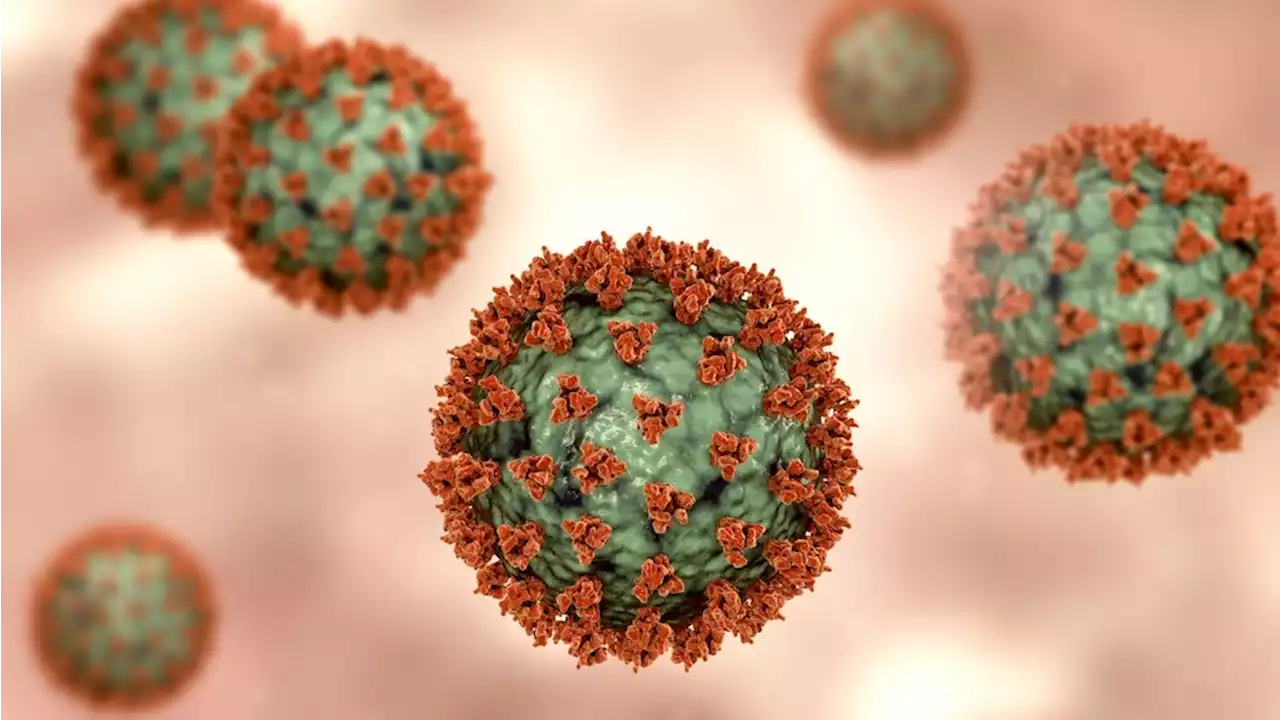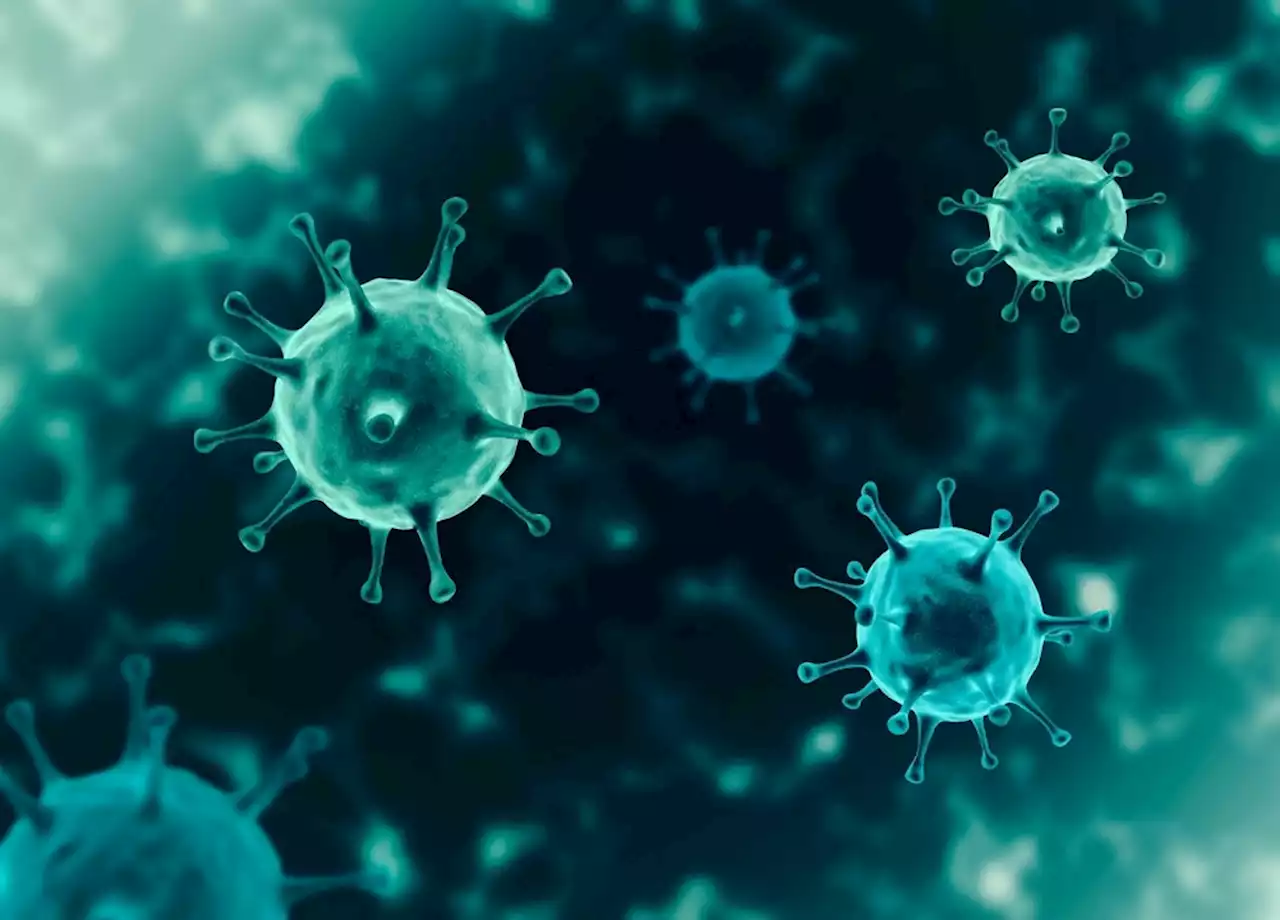Researchers develop a causal model to assess the dependence of viral loads of patients infected with COVID-19 on age PLOSONE LMU_Muenchen COVID19 coronavirus covid age infection viralload
By Tarun Sai LomteOct 12 2022Reviewed by Danielle Ellis, B.Sc. In a recent study published in PLOS One, researchers developed a causal model to analyze severe acute respiratory syndrome coronavirus 2 viral load distribution as a function of patients’ age.
About the study The present study examined viral load as a proxy for SARS-CoV-2 infectivity and re-analyzed age-stratified data previously reported by another research group through a non-parametric, Bayesian, and causal model. Since the COVID-19 outbreak, efforts have been made to identify whether individuals of specific age groups are more susceptible to infection than others.
Findings Related StoriesThe authors observed, in general, a descending trend in viral load probability distribution for all datasets and age groups. The dC dataset showed significant differences in the viral load for different age groups. The distribution had a distinct maximum for viral loads equal to or above 8 for patients older than 60. The researchers noted that this was not a consequence of an over-fit of sample noise but was triggered by data.
Australia Latest News, Australia Headlines
Similar News:You can also read news stories similar to this one that we have collected from other news sources.
 Immune-mediated inflammatory diseases following COVID-19Immune-mediated inflammatory diseases following COVID-19 medrxivpreprint unibirmingham COVID19 SARSCoV2 InflammatoryDisease
Immune-mediated inflammatory diseases following COVID-19Immune-mediated inflammatory diseases following COVID-19 medrxivpreprint unibirmingham COVID19 SARSCoV2 InflammatoryDisease
Read more »
 Researchers explore drug-repurposing candidates acting against nucleotide-binding pockets of multiple SARS-CoV-2 proteinsIn a new study, researchers pursued direct-acting severe acute respiratory syndrome coronavirus-2 drugs that compete for nucleotide-binding pockets (NBPs) of SARS-CoV-2 proteins.
Researchers explore drug-repurposing candidates acting against nucleotide-binding pockets of multiple SARS-CoV-2 proteinsIn a new study, researchers pursued direct-acting severe acute respiratory syndrome coronavirus-2 drugs that compete for nucleotide-binding pockets (NBPs) of SARS-CoV-2 proteins.
Read more »
 What is the association of pneumococcal carriage with SARS-CoV-2 infection?What is the association of pneumococcal carriage with SARS-CoV-2 infection? medrxivpreprint UCBerkeley YaleSPH SARSCoV2 COVID19 coronavirus covid infection
What is the association of pneumococcal carriage with SARS-CoV-2 infection?What is the association of pneumococcal carriage with SARS-CoV-2 infection? medrxivpreprint UCBerkeley YaleSPH SARSCoV2 COVID19 coronavirus covid infection
Read more »
 The ability of antiviral formulation ViruSAL to inhibit SARS-CoV-2 infectivityResearchers from Ireland used human bronchial epithelium models to evaluate the ability of a novel proprietary formulation called ViruSAL to inhibit SARS-CoV-2 infections.
The ability of antiviral formulation ViruSAL to inhibit SARS-CoV-2 infectivityResearchers from Ireland used human bronchial epithelium models to evaluate the ability of a novel proprietary formulation called ViruSAL to inhibit SARS-CoV-2 infections.
Read more »
Containing novel SARS-CoV-2 variants at source is possible with high-intensity sequencingAbstract. Throughout the COVID-19 pandemic, control of transmission has been repeatedly thwarted by the emergence of variants of concern (VOC) and their geograp
Read more »
 What is the real-world efficacy of oral antivirals against the SARS-CoV-2 Omicron variant?A new review commented on a previous study regarding the real-world effectiveness of oral antivirals against the severe acute respiratory syndrome coronavirus 2 (SARS-CoV-2) Omicron variant.
What is the real-world efficacy of oral antivirals against the SARS-CoV-2 Omicron variant?A new review commented on a previous study regarding the real-world effectiveness of oral antivirals against the severe acute respiratory syndrome coronavirus 2 (SARS-CoV-2) Omicron variant.
Read more »
